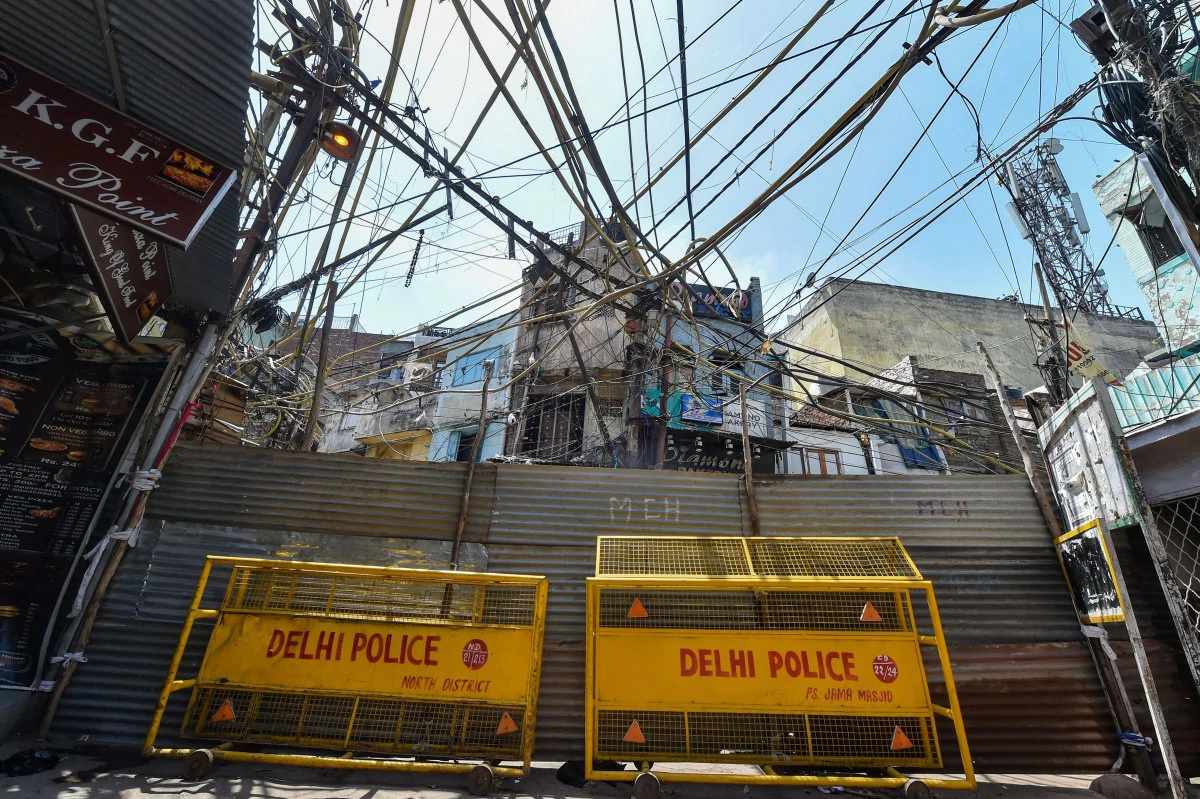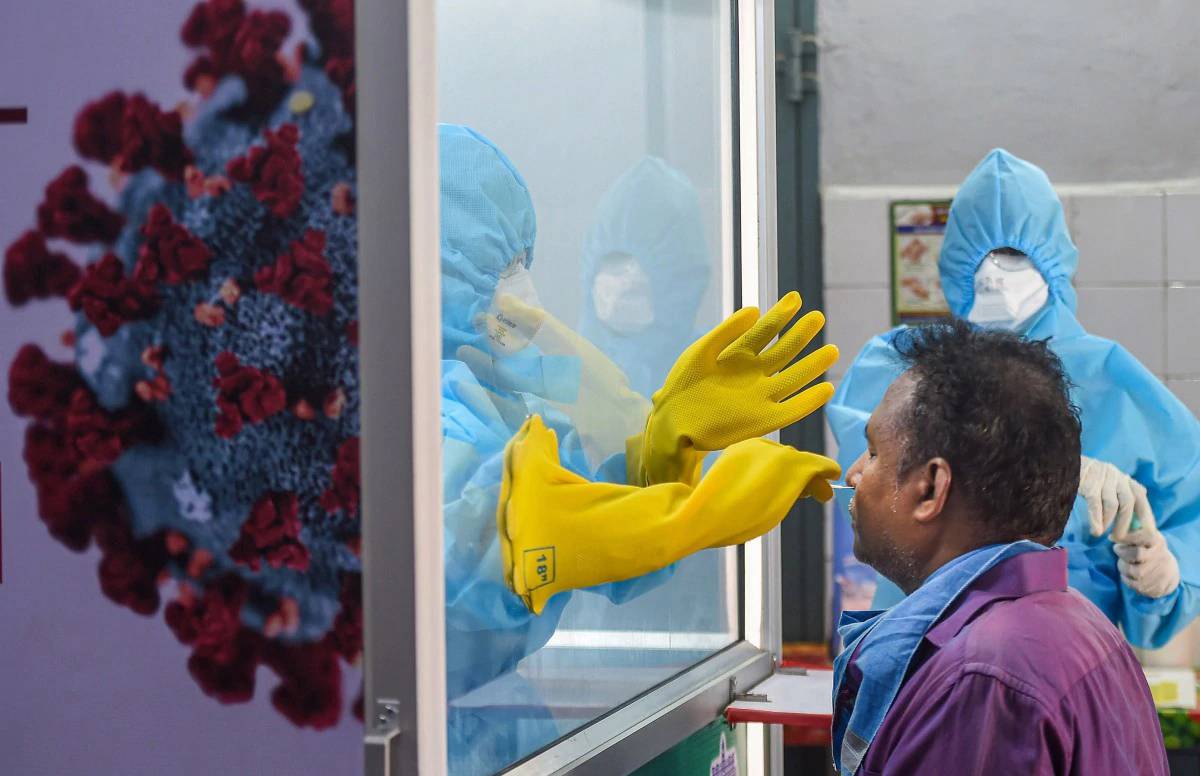Man is by nature a social animal. This is perhaps the most quoted statement of Greek philosopher Aristotle. It is this human nature that has led to the immense success of globalisation. Like humans, nations too felt the need for cohesion and cooperation.
The World War II accelerated the process of globalisation. The human crisis called for greater collective action to fight off any future crisis. Three key institutions founded after World War II – the United Nations, the World Health Organisation and the World Bank — were expected to avert a global crisis.
Observers have flagged novel coronavirus pandemic as the biggest human crisis since World War II. On evidence, all three, the UN, the WHO and the World Bank, have failed the world as novel coronavirus hit country after country and destroyed their economies. All three face a serious challenge to their credibility, and this challenge is a major lesson for India to fend for itself and prepare itself better for future global human crisis.
First, the failure of the WHO in preventing the novel coronavirus outbreak of China from becoming a pandemic.
What makes novel coronavirus or Covid-19 outbreak dangerous is its human-to-human transmission, both from symptomatic and asymptomatic infected persons. The WHO is a UN-affiliated body with global presence. It is expected to pass on a disease alert, more so in the cases of fast-transmission contagion, to member countries.
Taiwan says it learnt about human-to-human transmission of novel coronavirus infection in Wuhan in December, and alerted the International Health Regulations (IHR) of the WHO the same month. A huge number of Taiwan nationals work on mainland China including in Wuhan, the coronavirus ground-zero.

